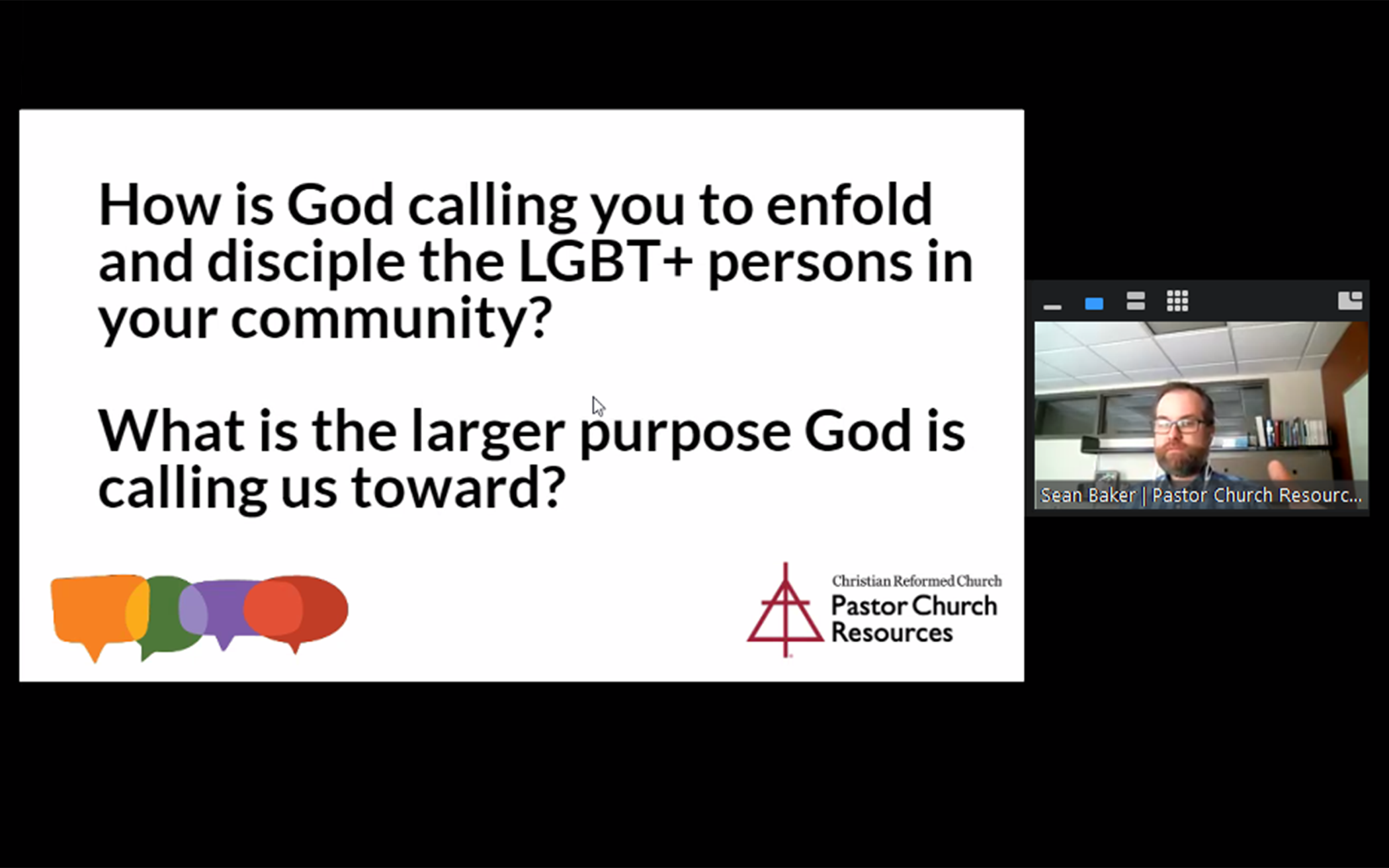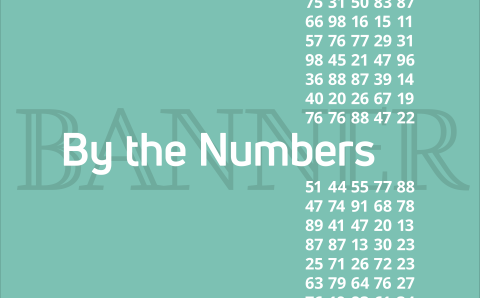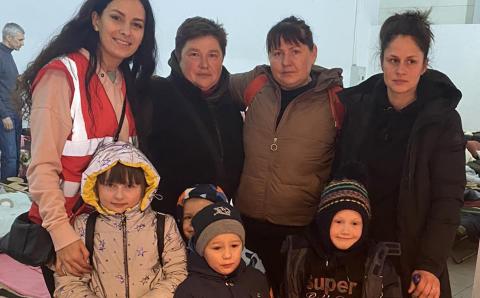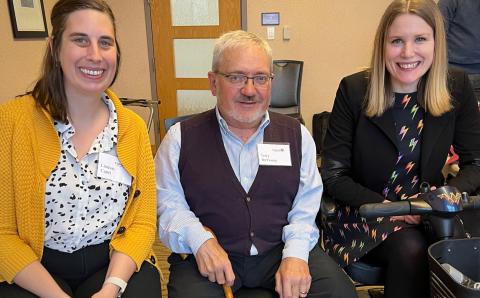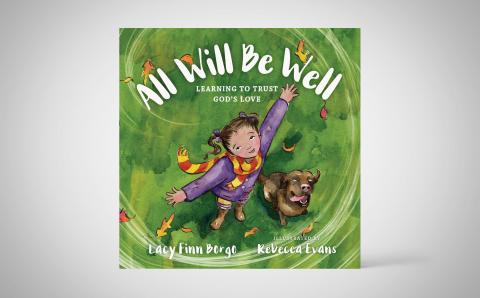On Saturday, Jan. 28, about 55 participants joined a three-hour video conversation between Canadian Christian Reformed Church classes, board members of the Christian Reformed Church in North America Canada Corporation, and CRC ministry staff. It was the third of three such meetings, which began last January. Each has been designed to hear from members of Canadian churches and congregations in Canada facing change—first in restructuring church governance and now in sorting through the consequences that confessional decisions at Synod 2022 have on a population that is not uniform in interpretation in matters of human sexuality.
Sean Baker, a ministry consultant with the CRC’s Pastor Church Resources (now part of of the CRC’s Congregational Ministries) shared some of what that resource group has been hearing from churches since the September 2022 Canadian conversation on the topic and how they’ve been responding to help churches discern their next faithful steps in cases of sharp disagreement.
Baker said three Canadian classes (regional groups of churches) and about 25 Canadian congregations have been working with Pastor Church Resources and its Next Steps Discernment process. Baker talked about three common things they’ve been learning from churches who are engaging in this process: “that this takes time and that not everybody feels like they have time;” that more conservative voices are missing from the conversations and that absence is felt, making it more difficult for congregations to discern together; and that the decisions of Synod 2022 accelerated the need for conversations that congregations might have been avoiding, such as, “What exactly do we believe? And how do we believe it? And how much agreement do we expect with what we believe?”
‘How’ can be as important as ‘what’
To help with all of this, Baker said the Next Steps Discernment process “is premised on how we discern and decide, which can be as important as what we decide. The big thing we heard in September from so many of you is that a lot of you want a better ‘how.’” That includes a “good, clear, transparent process, so that even if people don't like or agree with what you decide, they'll feel like you respected them and even loved them by taking them seriously and not avoiding them or ignoring them or dismissing them,” Baker said. It also includes spiritual disciplines such as prayer, fasting, and studying the word, as “practical ways to demonstrate our dependence on Christ,” and the concept of holy indifference—honestly praying “Not my will but yours be done.” Baker suggested congregations frame their conversations in terms of calling, for themselves and individual members: “How is God calling you to live out your faith right now?”
Milestone highlights
Al Postma, the transitional executive director for the CRC in Canada, reviewed ministry milestones and shared ways that congregations and ministries in Canada are realizing the goals of cultivating spiritual disciplines, listening to the voices of every generation, growing in diversity, and sharing the gospel and living it missionally. He included the examples of Pastor Phil Reinders’ Habitus Community, an expansion of the Generation Spark crossgenerational mentoring program, the development of Canada’s decolonization and anti-racism collective, and discerning and exploring online communities in church planting. (The Banner has recently covered two Canadian examples of this in Alberta and Ontario.)
Listening circles—where participants shared with each other, according to the distributed agenda, “about such things as ministry that is happening in our contexts, our denominational relationships, our sense of calling at this time, and the sort of support that can be most helpful”—took up about half of the meeting and were closed to observers. Just before a break that ended the beginning part of the meeting, Baker and Postma took some questions from participants.
Patience in urgency?
Paul Verhoef, a university chaplain in Calgary, Alta., asked, “What tools are being developed to help churches share their discernment results ‘out loud’? Some churches are feeling a little alone in their calling, and finding others who are pursuing similar callings may be a good gift.” Baker said that participants in the Next Steps Discernment process are connected to one another in a network, but to date they’ve focused on the local context and not broadening that. “But I share your sense of that being a need,” Baker said. “Maybe if we work together that would help to fill out the picture.”
Everett Vander Horst from Classis Hamilton pressed a sense of urgency. “Synod 2022 made decisions that said to thousands of Canadian members, ‘If you don’t change your beliefs, you’re not welcome in the CRC.’ And so a lot of the talk around some of these other callings, I understand, but it's like my wife coming to me and asking why I haven't started preparing dinner when the house is on fire.” Vander Horst said talk of a ‘holy indifference’ can sound tone deaf. “A few 100 meters from my office, where I'm sitting right now in my church, at Redeemer University a queer student took their own life and left a lengthy note at the feet of the university leadership. Indifference, or even sort of patient, long conversations are a pretty hard call.” Even the practical challenges of classis deadlines and “contradictory instructions we are getting about who can be a delegate and who should be a delegate and what it means to fill out the credentials—I hear from many of us that it's very difficult to slow down when there are ministry decisions that need to be made in a timely manner,” Vander Horst said.
Postma said he appreciated that expression and shared a personal understanding of how to respond when a longstanding spiritual practice—like prayers of holy indifference—feels like it’s out of step. “How do you find a space to live within it in a way that's contextually and timely appropriate?” Postma asked. “One of the things I learned in my classis renewal work, and even just in my own pastoring elder work in our local church, I've grown more convinced that one of the base spiritual disciplines for community to exist is the discipline of submission.” It’s “the ability to say, ‘not my way, but I'm still here,’” Postma said. “I just can't think of any relationship or community that can exist without people who are willing to say ‘not my way.’” He added, “One of the hardest parts about the discipline of submission is we only ever practice it when we don't want to.”
The January 28 conversation was prepared on behalf of the CRCNA Canada corporation board by an ad-hoc group that includes Postma, Baker, and board members Wendy de Jong (Classis Niagara), Henry Eygenraam (Classis Toronto), and Daniel Meinema (Classis Eastern Canada).
About the Author
Alissa Vernon is the news editor for The Banner.

